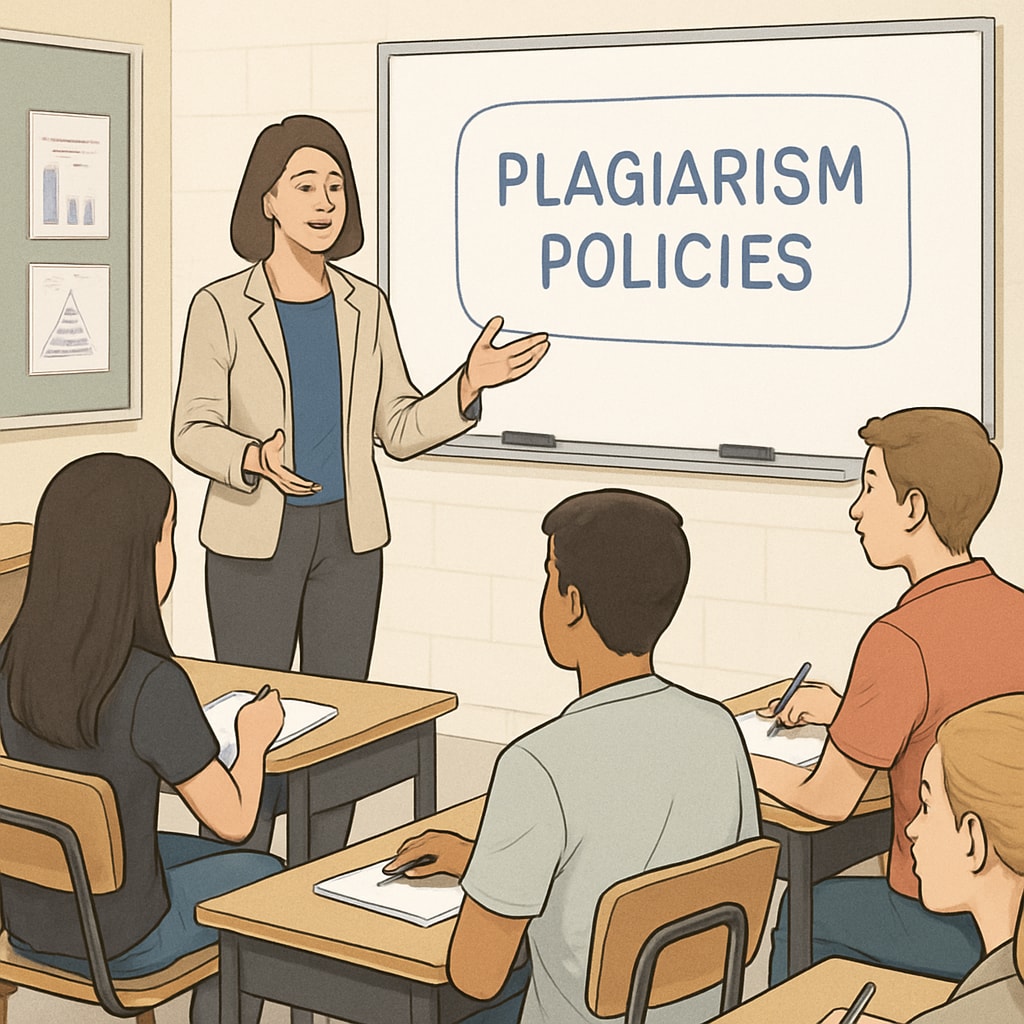False accusations of plagiarism in K-12 education can be a distressing experience for students and their families. When a professor or teacher misjudges a student’s work as plagiarized, the repercussions can be significant, affecting the student’s self-esteem, academic record, and trust in the education system. This article delves into the causes of such misjudgments, their impacts, and strategies to create a more equitable system for evaluating academic honesty.
Understanding False Plagiarism Accusations
Plagiarism accusations often arise when teachers suspect that a student’s work is not entirely their own. However, false accusations can occur due to several reasons:
- Lack of understanding: Teachers may misinterpret a student’s creative writing style, advanced vocabulary, or use of external resources as signs of dishonesty.
- Implicit bias: Preconceived notions about a student’s abilities or background can influence how their work is evaluated.
- Over-reliance on software: Plagiarism detection tools, while useful, are not infallible and can sometimes flag legitimate work as copied due to algorithmic errors.
For example, a student who draws inspiration from publicly accessible resources, such as Plagiarism on Wikipedia, may be wrongly accused of copying if proper citations are not fully understood or accepted by the teacher.

Consequences of Unfair Accusations
Being wrongly accused of plagiarism can have lasting effects on students:
- Emotional distress: Accusations can create feelings of embarrassment, shame, or frustration, especially if the student is innocent.
- Academic penalties: False accusations may lead to failing grades, suspension, or even expulsion, unjustly tarnishing a student’s academic record.
- Erosion of trust: Students may lose faith in the education system or hesitate to express their ideas freely, hindering their academic growth.
Moreover, such accusations can strain relationships between students, parents, and educators, undermining the collaborative spirit of learning environments.

Promoting Fair and Reliable Evaluations
To prevent false accusations and ensure academic integrity, schools and educators must adopt fair evaluation practices. Here are some actionable steps:
- Educate students on plagiarism: Offer clear guidance on what constitutes plagiarism and how to properly cite sources.
- Train teachers: Provide professional development to help teachers identify plagiarism accurately and without bias.
- Use plagiarism detection tools responsibly: Combine software findings with manual assessments to avoid over-reliance on technology.
- Encourage open communication: Allow students to explain their work and provide additional context before concluding plagiarism.
- Establish review panels: Implement impartial committees to handle disputes and ensure accusations are thoroughly investigated.
For further insights on promoting academic fairness, resources like Plagiarism on Britannica can offer valuable information.
Conclusion: Striking the Balance
Maintaining academic integrity while ensuring fairness is a delicate balance in K-12 education. By addressing the root causes of false plagiarism accusations and adopting equitable evaluation methods, educators can foster an environment where students feel encouraged to learn and express themselves. As a result, the education system will not only uphold honesty but also inspire trust and collaboration among all stakeholders.
Ultimately, a fair and transparent approach to plagiarism accusations will strengthen the foundation of academic integrity and protect students from unwarranted harm.
Readability guidance: This article uses concise paragraphs, maintains a clear structure, and incorporates transition words to ensure smooth reading. Lists are used to summarize key points, and passive voice is kept to a minimum for clarity and engagement.


